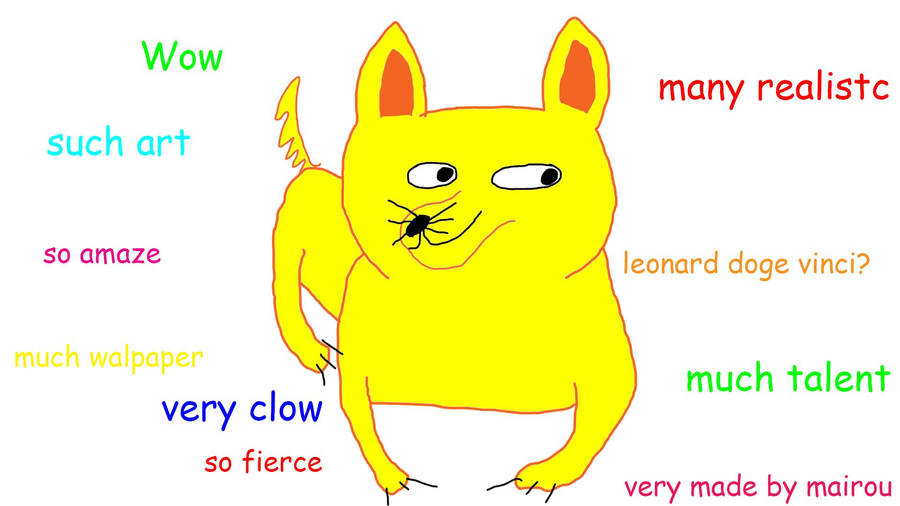 I've long entertained the idea that the unpopularity of memetics in academia might be associated with the fact that it is too easy to understand.
I've long entertained the idea that the unpopularity of memetics in academia might be associated with the fact that it is too easy to understand.Notoriously, academia is not about learning, understanding or credentialing folks. It is about social networking and affiliating with impressive individuals. Simple topics are shunned by academics for not being impressive enough to interest them.
I may have got the idea that this applies to memetics from Keith Henson. In 2012, Keith wrote me a private email containing the following:
Mostly I find that the academic types want to make the subject so complicated that nobody outside the field can understand it. They can't because the concepts are just too simple. Thus they ignore it and the work gets done by people disconnected from academia. Kind of a people's science.Maybe I had the theory before talking to Keith - but his email crystallized the idea for me.
I think that this is part of the explanation for some of the dense maths used by cultural evolution enthusiasts. Lumsden and Wilson's 1981 book makes a good example of this. That book is full of mathematical models. However the models do not really serve any useful purpose - instead they represent a sort of showing off. The authors are attempting to make themselves seem more impressive via their mastery of arcane mathematics.
If Sheldon Cooper and Cartman can understand memetics, academics can't be failing to understand it due to the difficulty of the subject matter.
This theory also explains why cultural evolution enthusiasts reinvented a whole bunch of new models - rather than using ones from epidemiology and symbiology. An esoteric form of cultural evolution is harder to learn - and mastery of it is more impressive.
One of the reasons academics criticize memetics is because it is too simple. For example, consider: Meme Theory Oversimplifies Cultural Change. This critical article has it backwards. The authors are over-complicating their theory of cultural change beyond what is necessary - contradicting Occam's razor. Affiliation theories offer a parsimonious explanation of why academics might behave in this way.
Memeticists studied cultural evolution while academics almost all studied gene-meme coevolution. Trying to study gene-meme coevolution without first fleshing out a theory of meme evolution is like trying to fly before you can walk. How did this happen? Prestige / affiliation theories suggest it is because flying is the more difficult and impressive feat.
Prestige / affiliation theories suggest that memes might be more popular in engineering disciplines. Where the rubber hits the road, so to speak. I can point at memetic algorithms, military memetics and meme-based marketing as examples of cases where this might be true.
An affiliation theory also looks promising if you look at the characters that have supported memes over the years. I don't mean to insult my fellow travelers - but meme enthusiasts have been a motley bunch of oddballs and kooks. Memeticists have often not been attractive candidates for other academics to affiliate with. That creates a vicious cycle.
The affiliation theory presented here suggests that the glacial uptake of cultural evolution might be an internally-generated phenomenon. If so, sad times for science and the truth.










No comments:
Post a Comment